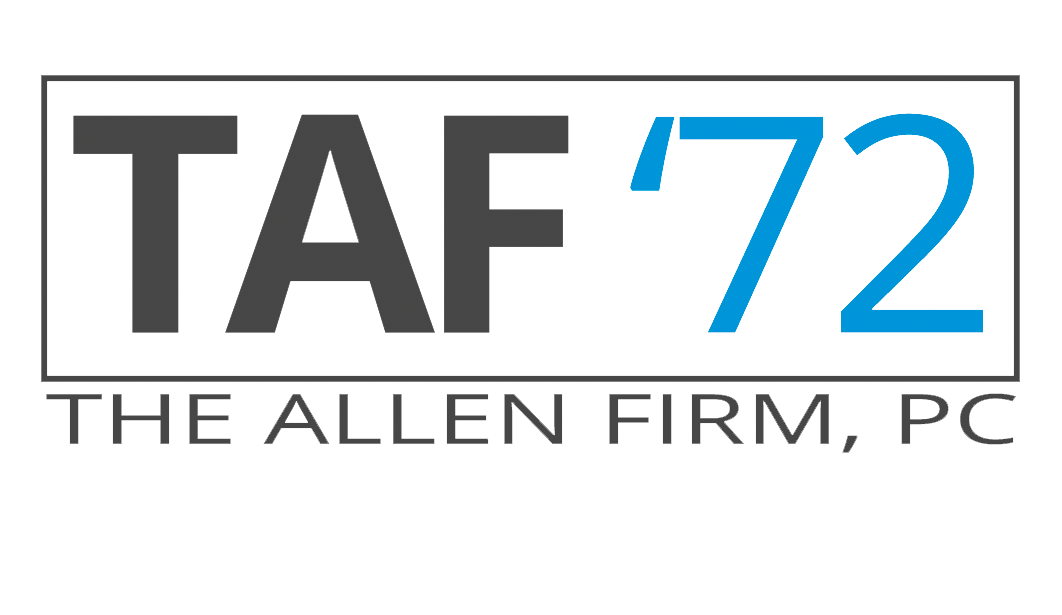Final Joint Meeting
Normally in the fourth joint meeting, the team finalizes the matter. The team members will draft a binding and irrevocable Collaborative Family Law Settlement Agreement (CFLSA) so that the deal becomes binding while the time-consuming process of drafting a final decree of divorce and closing documents such as qualified domestic relations orders, stock option agreements, trusts, and other similar documents can be completed.
The parties may need to hire specialist attorneys to draft some closing documents and may be required to return to sign the necessary documents. Additionally, some courts may require at least one of the parties to attend an uncontested court hearing to enter the final divorce decree.
Benefits of Collaborative Law
Often clients going through a divorce may have just found out that their spouse has been dishonest with them for quite a while and feel uncertain about many things. This often makes it difficult to decide who you can trust. This is why experts who do not know either party and have no reason to risk their careers by helping one spouse get more than their fair share of the marital estate or by helping one spouse see the children much more than other divorced parents can be so beneficial. The experts are trained to teach you to make decisions for yourself by making sure that you have all of the information you need before you are asked to make an agreement. In addition to being licensed professionals in their area of expertise, these experts are trained to aid in negotiations and know how to help you look at issues from different perspectives to see if there are options you haven’t yet considered that would work for you and your spouse.
When you have a collaborative team on your case, you will have available to you the most qualified, least expensive person to help you deal with the specific issues you’re trying to resolve. The financial professional is most skilled at helping clients deal with money issues and look at what their financial picture will look like down the road. You shouldn’t pay attorney’s fees when you can get a better service at a lower hourly rate from the financial professional. Plus, you and your spouse should be able to sit down with a mental health professional to get started on a parenting plan. Even if you don’t reach a complete agreement, you will have identified the issues that really need our attention as a group and you will have accomplished that with the assistance of someone who really knows what they’re talking about. Why spend the extra money to do the same thing with lawyers?
You can try collaborative law to see if our team of experts can help you come to an agreement with your spouse. If it doesn’t work, you always have the courthouse available to you. If you decide that you cannot agree, you will have identified the things that are most important to you, collected all the information you need to make an agreement, and done everything you can to settle the case. All of those things also have to be done if you are litigating, so you will be that much further down the road if you can’t reach an agreement and must go to court. The difference is that, if you go to court, each of you will have to hire individual experts to express an opinion to a judge. You’ll have to do formal discovery which is expensive and time consuming. And, you’ll pretty much ruin any chance you might have had to create a good working relationship with your spouse. Then, at the end of the day, your future will be decided by a judge who only knows the part of your story that can be admitted into evidence and heard within the few hours that will be allocated to your case.

